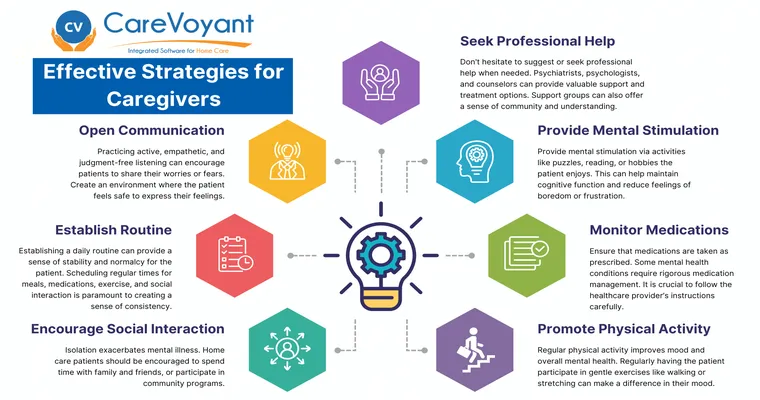Caregiving is a rewarding yet demanding role that often comes with significant emotional and physical challenges. "Counseling for caregivers" is essential for maintaining their mental well-being and overall health. Many caregivers experience feelings of stress, anxiety, and burnout, which can impact not only their ability to provide care but also their personal lives. Understanding the importance of counseling can empower caregivers to seek the support they need to thrive in their roles.
One of the primary reasons "counseling for caregivers" is crucial is that it provides a safe space for individuals to express their feelings and concerns. Caregivers often face unique pressures, including the responsibility of managing daily tasks and making important decisions for their loved ones. This responsibility can lead to feelings of isolation, as caregivers may find it difficult to discuss their experiences with friends or family members who may not fully understand the demands they face. Through counseling, caregivers can connect with trained professionals who can offer guidance and support.
Additionally, "counseling for caregivers" helps in developing effective coping strategies. Professional counselors can teach caregivers how to manage stress more effectively, set boundaries, and prioritize self-care. This is vital because neglecting one’s own health can lead to a decline in the quality of care provided to others. Learning to recognize signs of burnout and knowing when to seek help can make a significant difference in a caregiver's life.
Moreover, counseling can facilitate better communication skills. Many caregivers struggle with expressing their needs or concerns, both to their loved ones and to healthcare providers. Through counseling, they can learn how to articulate their feelings and advocate for themselves while continuing to support those they care for. This improved communication can enhance relationships and lead to more effective caregiving.
Another important aspect of "counseling for caregivers" is the validation of their emotions. Caregivers often feel guilty for taking time for themselves or expressing frustration about their situation. A counselor can help them understand that these feelings are normal and that it is acceptable to seek help. This validation can be transformative, allowing caregivers to embrace their experiences without shame.
Furthermore, group counseling or support groups can provide a sense of community for caregivers. Sharing experiences with others who are in similar situations can foster connections and reduce feelings of loneliness. Support groups often serve as platforms for caregivers to exchange valuable tips, resources, and encouragement, creating a network of support that can be incredibly beneficial.
In conclusion, the importance of "counseling for caregivers" cannot be overstated. It offers a vital resource for managing stress, improving communication, and ensuring emotional well-being. By prioritizing their mental health through counseling, caregivers can enhance their ability to provide care while maintaining a balanced and fulfilling life. If you or someone you know is in a caregiving role, consider exploring counseling options to support both your needs and the needs of those you care for.





